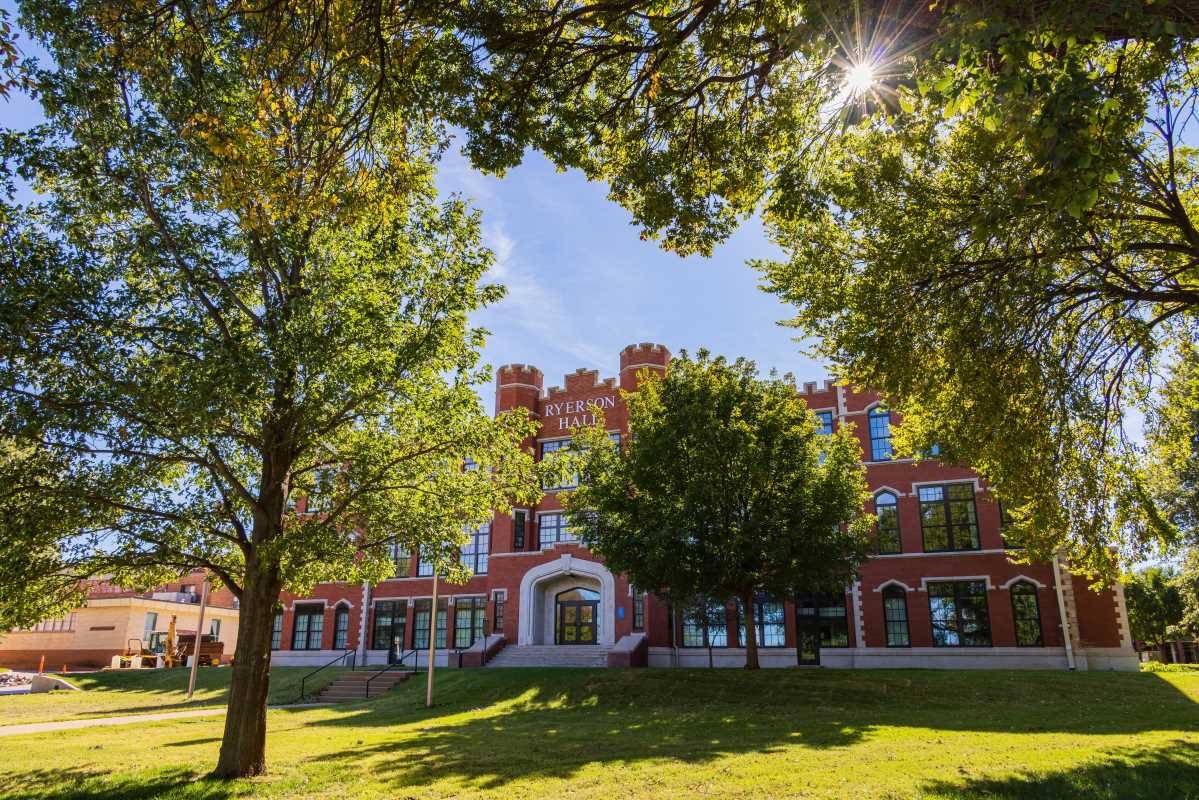When we discuss the landscape of higher education, the conversation often centers on specialization and direct career pathways. However, there's a timeless model of education that continues to prove its immense value in shaping adaptable, thoughtful, and highly capable individuals: the liberal arts college. For those of us in the field, it’s crucial to understand and articulate the unique benefits this educational approach offers—not just for students’ first jobs, but for their entire careers and lives.
Breadth and Exploration
A liberal arts education is fundamentally about breadth and exploration. Unlike a pre-professional or technical program that hones in on a specific skill set from day one, a liberal arts curriculum encourages students to wander through a wide array of disciplines.
Students might take:
- A course in philosophy
- A seminar in classic literature
- A lab in computer science
- A course in biology
All before declaring a major. This might seem unfocused to some, but it’s a deliberate and powerful design. True problem-solving requires the ability to draw connections between seemingly unrelated fields.
A student who understands both historical context and statistical analysis is uniquely equipped to tackle complex societal challenges.
This interdisciplinary foundation fosters mental agility, preparing students to learn continuously throughout their lives. It teaches students how to think, not just what to think.
Development of Essential Soft Skills
One of the most significant advantages of this model is the cultivation of soft skills. Employers consistently rank skills like communication, critical thinking, collaboration, and problem-solving as the most sought-after attributes in new hires. These are exactly the skills that a liberal arts education is designed to develop.
Every paper, discussion, and group project teaches students to:
- Articulate complex ideas
- Defend positions with evidence
- Work effectively with others
Small class sizes—often 15 students instead of 300—are instrumental in this process. Students are expected to participate, debate, and receive personalized feedback, building confidence and communication skills that are invaluable in any profession.
Close-Knit Mentorship and Community
Beyond the classroom, liberal arts colleges emphasize mentorship and personal growth. Professors are not just lecturers—they are mentors invested in students’ intellectual and personal development.
Students may:
- Work directly on research projects with professors
- Co-author papers
- Meet for informal guidance on concepts or career aspirations
These relationships provide long-lasting support, professional role models, and connections to broader networks—advantages that larger universities often struggle to replicate.
Critical Thinking as a Practical Tool
Liberal arts courses challenge students to analyze texts, question assumptions, and evaluate evidence from multiple perspectives. Examples include:
- A history major dissecting primary sources for bias, which translates to evaluating business proposals or news articles
- A sociology student understanding systemic forces that shape behavior, useful in leadership and management
This rigorous analytical training develops graduates who can grapple with ambiguity, identify problems’ cores, and develop nuanced solutions—skills that lead to innovation and effective leadership.
Career Versatility and Adaptability
While some perceive a liberal arts degree as lacking a direct career path, evidence shows that its versatility is a major strength.
- Liberal arts graduates are resilient to economic shifts and adaptable to new industries.
- An English major might thrive in marketing, tech, or law.
- A philosophy major might become a successful entrepreneur.
The curriculum is flexible, allowing students to combine interests creatively:
- Double major in economics and environmental studies → sustainable finance
- Pair computer science with psychology → UX design
This flexibility empowers students to craft a journey aligned with their passions, preparing them for emerging job markets, not just existing ones.
Lifelong Learning and Civic Engagement
Ultimately, the value of a liberal arts college is measured not only in career outcomes but in the development of the whole person. This philosophy fosters:
- Curiosity and creativity
- Civic responsibility
- Cultural awareness and appreciation of the arts
Graduates are more likely to engage in their communities, participate in informed discussions, and live purposeful, meaningful lives. It’s an education that equips students to make a living and make a life.
As leaders in higher education, it’s our responsibility to champion this model, ensuring it remains vital and accessible for generations to come.







